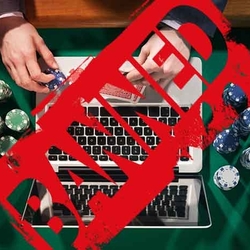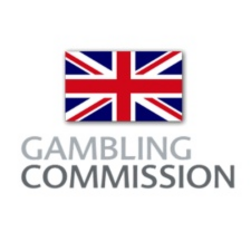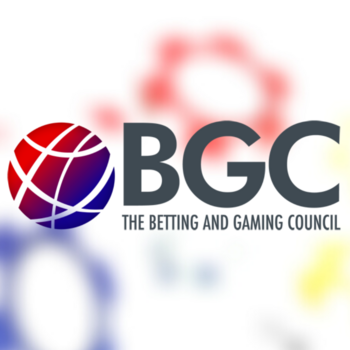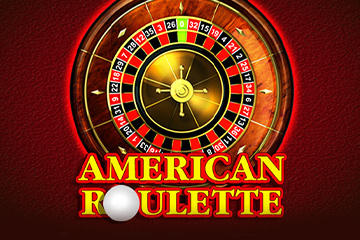Further details of its upcoming remote gambling legislation has been submitted by the Dutch Government. They have been submitted to the European Commission for comments from interested parties and stakeholders.
From the 13th of November stakeholders will now be able to offer any sort of feedback. This is when the EU Commission have to decide whether the legislation is compatible with European Union law.
The legislation, which has been submitted, includes further details of technical standards and record-holding simultaneously with reporting requirements for licenses. Also detailed are intervention measures a licensee must take when a customer is showing signs of problem gambling. These rules include a requirement to make sure that operators have interventions in one of six different ways. It’s possible that the licensee may also look to highlight a customer’s unhealthy behaviour by providing information and data in their gambling. They may also advise them to make use of problem gambling treatment resources. Alongside to that the client could also be encouraged to set time limits and spending limits. They could be advised to self-exclude and in some cases even block certain problem gamblers.
The rules say that the choice of measure can depend on player age, their behaviour and reactions to previous interventions or indeed whether it is the first one. The license holder will be expected to give the player in question with a ‘clear and comprehensive explanation’ of why the intervention measure was used, regardless of which one they chose.
When it comes to these measures, all license-holders will have to submit the number of registered players, the number of due diligence checks and the number of rejected registrations. They will also have to submit the number of suspected integrity breaches and the number of complaints they have received. The Kansspelautoriteit (KSA) may request that these reports are made more frequently during the year. Licensees will also be required to record any information on the registration of their players which includes enhanced due diligence checks. Data on the total money and time a customer has spent on various gaming verticals must be recorded. In addition, they must record the details of integrity investigations and data for every payment transaction. The regulations will also state that electronic casino games use a “reliable random number generator” that “cannot be manipulated” and that live casino games “are protected against unauthorized access, unauthorized use and manipulation”. Licensees must also “not present the licensed games of chance under a name that is misleading”.
It was also previously revealed that the regulations state that “negative events” such as yellow cards in football may not be the subject of bets, nor may events which have no impact on the outcome of a match.
The new bill is set to come into effect in January of 2021 which means licensees can launch in July. The Covid-19 pandemic may push this back further but watch this space for more updates.










































Write a review